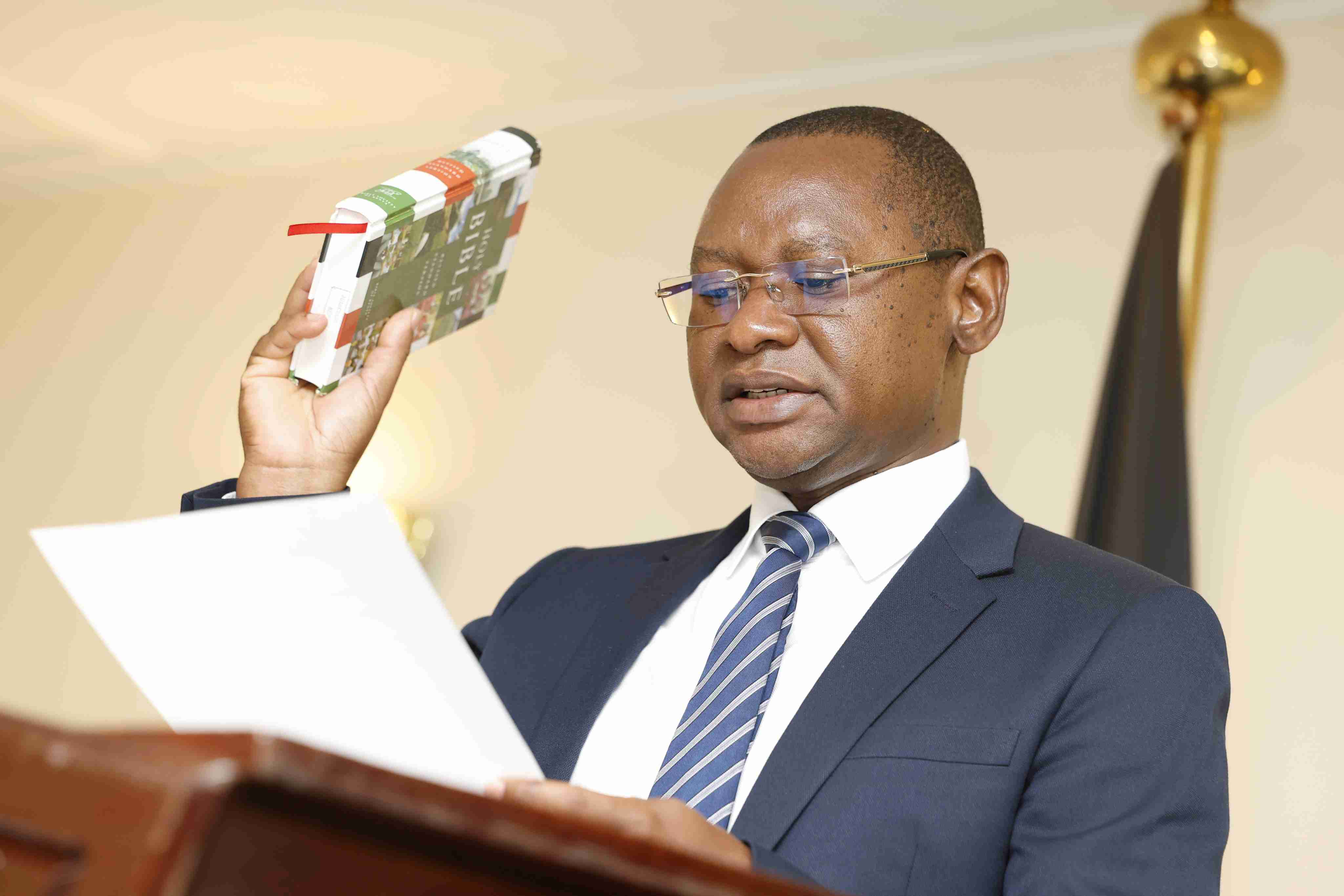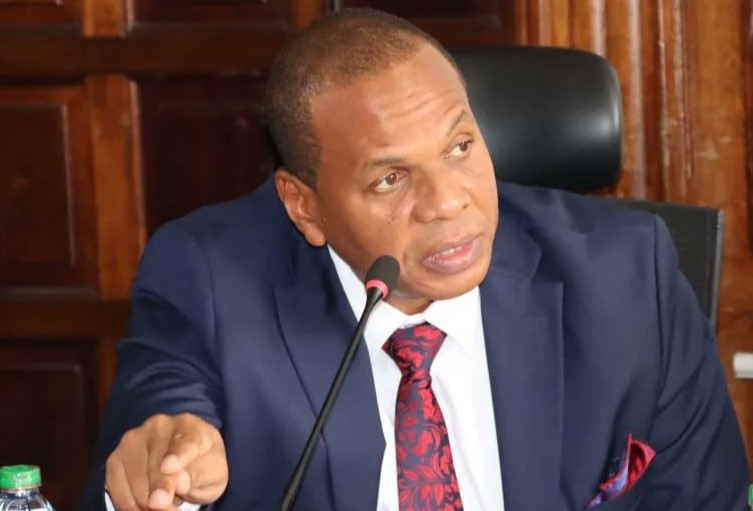CJ Martha Koome unveils anti-corruption and green justice plans to transform Kenyan courts

Chief Justice Koome pushes data-driven reforms, anti-corruption measures, and green initiatives to transform Kenya’s justice system and improve service delivery.
Chief Justice Martha Koome has urged justice sector institutions to strengthen their Monitoring and Evaluation (M&E) systems to ensure the effective implementation of Kenya's justice sector reforms and enhance service delivery.
Speaking during the launch of the Administration of Justice in Kenya Annual Report 2024–2025 and the Monitoring, Evaluation and Learning (MEL) Guiding Framework for Kenya's Justice Sector, Justice Koome said the framework represents a cultural shift toward evidence-based decision-making, performance tracking, and adaptive learning across the justice system.
More To Read
- CJ Koome urges contextual enforcement of Marriage Act, stronger family justice system
- CJ Koome reaffirms Judiciary’s commitment to child protection, announces expanded reforms
- CJ Martha Koome pushes back against criticism over parliamentary interference
- CJ Koome roots for AJS to resolve long running land disputes in Mombasa
- CJ Martha Koome defends Judiciary, warns against defiance of court orders
- Supreme Court strikes out petition seeking determination of general election date
"By institutionalising monitoring, evaluation, and learning across all justice sector agencies, we ensure that progress is not left to perception and rhetoric but is anchored in measurable outcomes. This is a significant step toward rebuilding public trust and demonstrating the tangible value of reform to the people we serve," said CJ Koome.
She noted that the 2024/2025 annual report highlights key milestones, including the development of two major frameworks — the Anti-Corruption Strategic Guiding Framework for Kenya's Justice Sector and the Strategic Guiding Framework for Greening the Justice Sector.
Multi-agency approach
According to the Chief Justice, the anti-corruption framework provides a coordinated, multi-agency approach to prevent, detect, and respond to corruption and economic crimes, while the greening framework aims to mainstream environmental sustainability and eco-friendly practices within the justice system.
Justice Koome added that the report documents progress in institutional capacity-building through investments in human capital, ICT, infrastructure, and financial management. It also recognises the vital contribution of Court Users Committees and grassroots forums in making justice more accessible and responsive to community needs.
The Chief Justice urged Parliament to prioritise the passage of the National Council on the Administration of Justice (NCAJ) Bill to further strengthen coordination among justice sector institutions. She also appealed to legislators to expedite the consideration of the Penal Code and Criminal Procedure Code Amendment Bills, which are currently under review.
Enhance digital integration
Justice Koome reaffirmed NCAJ's commitment to enhancing digital integration, promoting ICT system interoperability, and harnessing data to ensure more efficient and transparent justice processes.
Interior Cabinet Secretary Kipchumba Murkomen, who attended the event, pledged the Executive's support in finalising key criminal justice reforms.
"Our arms of government are like the legs of a stool — each critical in its own way, but not useful without the other two. The Judiciary, Legislature, and Executive should complement each other for the proper functioning of our democracy," said Mr Murkomen.
Chief Registrar of the Judiciary Winfridah Mokaya highlighted persistent funding challenges facing the justice sector, noting that budgetary shortfalls continue to hinder institutional performance.
"For the Financial Year 2024/2025, the sector required Sh327.5 billion but received only Sh196.4 billion, leaving a funding gap of Sh131.1 billion. Such disparities create imbalances among institutions that are interdependent in delivering justice," she said.
The event brought together senior justice sector officials, development partners, and members of the National Assembly, underscoring the need for collaborative efforts to strengthen Kenya's justice system through data-driven reforms and sustainable resource management.
Top Stories Today











































